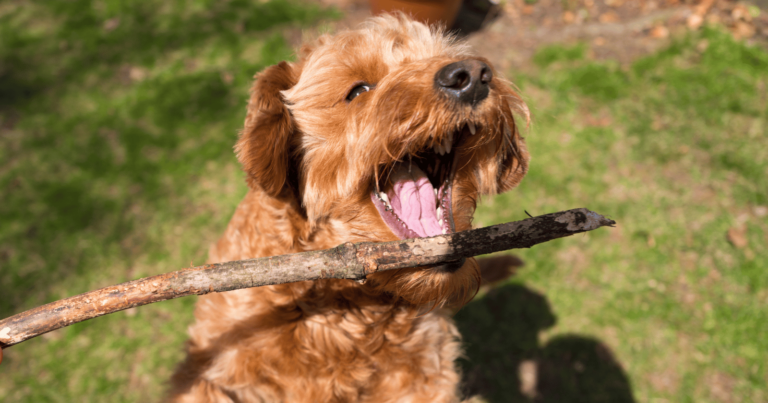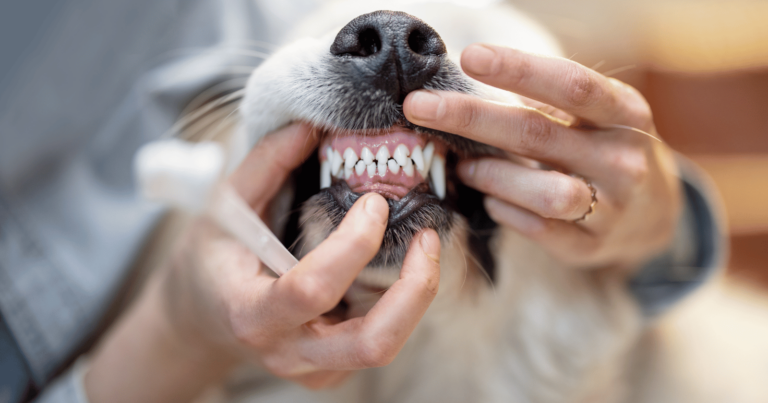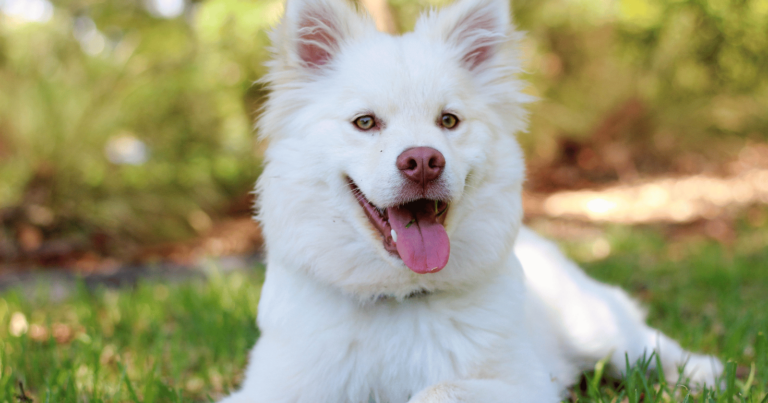Being a small dog owner comes with its own set of challenges.
One of the biggest challenges is dealing with the unique health issues that small dogs often face.
These health issues can be subtle and easy to miss if you’re not paying close attention.
But understanding these common conditions can help you provide the best care for your little furry friend.
In this article, I’ll walk you through 7 common health issues for small dogs, giving you the necessary insight about what to look out for, and how to help your pet live a healthier, happier life.
1. Dental disease
Small dogs are notorious for their dental problems.
This isn’t just about bad breath and yellow teeth.
Dental diseases in small dogs can lead to serious health issues if left untreated.
Think of heart disease and kidney problems.
It all comes down to the structure of their mouth.
Small dogs have the same number of teeth as larger breeds but crammed into a much smaller space.
This makes them more prone to plaque buildup and gum disease.
Regular brushing and professional cleanings can go a long way in preventing these issues.
But it’s also important to keep an eye out for signs of dental disease like decreased appetite or difficulty chewing.
2. Obesity

As a small dog owner, I know firsthand how easy it is to overfeed these adorable little creatures.
My own little buddy, Max, a Shih Tzu, was always begging for treats with those puppy eyes.
And I would cave in more often than I’d like to admit.
But soon, Max started gaining weight rapidly.
It wasn’t until our vet pointed out that Max was obese that I realized I was contributing to his health problem.
Obesity in small dogs can lead to a myriad of health issues, including diabetes, heart disease, and joint problems.
It’s important to feed them a balanced diet and ensure they get enough exercise.
Remember, those extra pounds are much harder on a small dog’s frame.
After the vet’s warning, I made it a point to control Max’s diet and include more playtime and walks in his routine.
The change wasn’t immediate, but gradually, Max became more energetic and his weight returned to normal.
So from personal experience, I can tell you – it’s crucial to keep an eye on your small dog’s weight.
3. Patellar Luxation
Patellar Luxation, a condition where the kneecap dislocates or moves out of its normal position, is unfortunately quite common in small dogs.
Breeds like Yorkshire Terriers, Pomeranians and Boston Terriers are particularly susceptible.
Now here’s something you might not know – a dog’s kneecap is embedded in the tendon of the large thigh muscle, and it’s this tendon that allows the dog to straighten its knee joint.
But in the case of Patellar Luxation, the kneecap slips out of place causing discomfort and hindered mobility.
If you notice your dog limping or skipping steps, it may be a sign of Patellar Luxation.
In severe cases, surgery may be required.
But don’t worry, many dogs with this condition lead happy and active lives with the right care and treatment.
4. Tracheal Collapse
Tracheal Collapse is a health issue that’s more prevalent in small dog breeds.
The trachea, or windpipe, is a tube made of cartilage rings through which your dog breathes.
In some small dogs, these rings can weaken and collapse, leading to a narrow or flat trachea.
This can cause a distinctive honking cough, difficulty breathing, and intolerance to exercise.
If you notice any of these signs, especially the honking cough, it’s important to get your pup checked out by a vet.
5. Hypoglycemia
Hypoglycemia, or low blood sugar, is another condition that disproportionately affects small dogs, especially puppies.
Fast metabolic rates and low body fat can make small breeds prone to bouts of hypoglycemia.
Symptoms can include lethargy, shaky movements, and in severe cases, seizures.
The good news is that this condition can usually be managed with regular feeding schedules and high-protein diets.
If your small dog shows symptoms of hypoglycemia, it’s crucial to seek veterinary care immediately.
6. Heart Disease

If there’s one thing that can tug at a pet owner’s heartstrings, it’s the thought of our beloved pup suffering from heart disease.
Sadly, it’s a health problem that is quite common in small dogs.
Small breeds like Cavalier King Charles Spaniels and Dachshunds are particularly susceptible to certain types of heart disease.
Symptoms can include fatigue, difficulty breathing, and coughing.
It’s heartbreaking to see your pet go through this, but remember, early detection can make a significant difference.
Regular vet check-ups can help catch the disease in its early stages, which can potentially extend and improve the quality of your dog’s life.
When it comes to our pets, their heart health is just as important as our own.
Keep an eye out for any unusual signs and always consult with your vet if you have concerns.
7. Liver Disease
If there’s one thing I’ve learned from owning a small dog, it’s that their small size doesn’t protect them from big health issues.
Luna, my Chihuahua, was diagnosed with liver disease at a young age.
Liver disease can be particularly dangerous for small dogs.
The liver is responsible for detoxifying the body and aiding digestion among other things.
When it’s not functioning properly, it can affect your dog’s overall health.
Luna had to go through several treatments and dietary changes.
It was a difficult time for both of us.
But she pulled through and her condition improved over time.
If you notice any changes in your dog’s behavior or appetite, don’t hesitate to consult your vet.
Early detection and treatment can make all the difference in managing liver disease.
In sickness and in health
Navigating the health landscape of small dogs often boils down to understanding their unique needs and vulnerabilities.
From dental diseases to congenital disorders, each health issue we’ve explored carries its own complexities.
But what ties them all together is the immense role that vigilant care and early detection play in managing them.
Perhaps the most significant insight here is that the smallest breeds often carry the largest health burdens.
And while this can be daunting, it is also a testament to the resilience and spirit of these little creatures.
In the end, owning a small dog is not just about managing their health issues.
It’s about giving them a life filled with love, care, and happiness.













